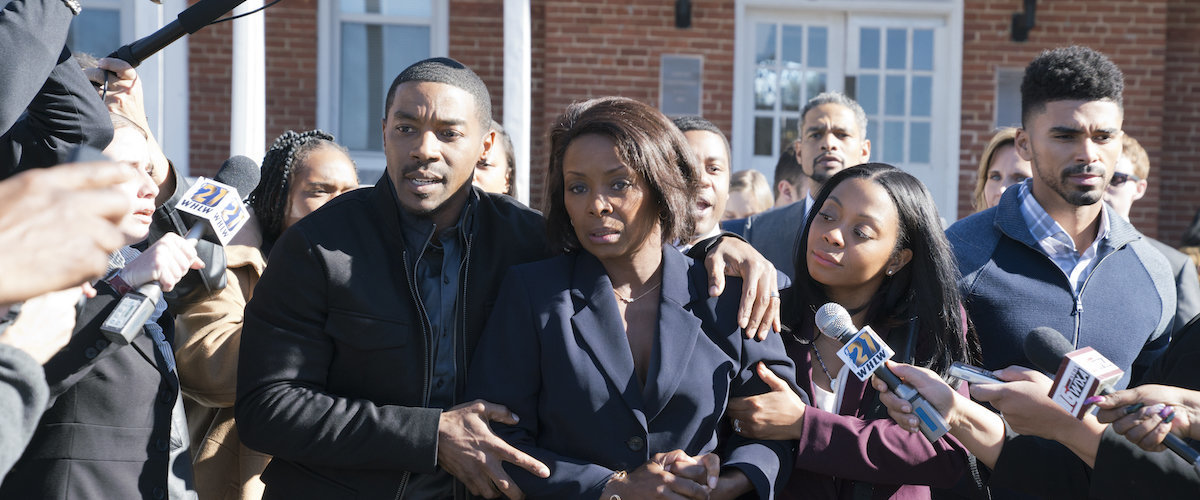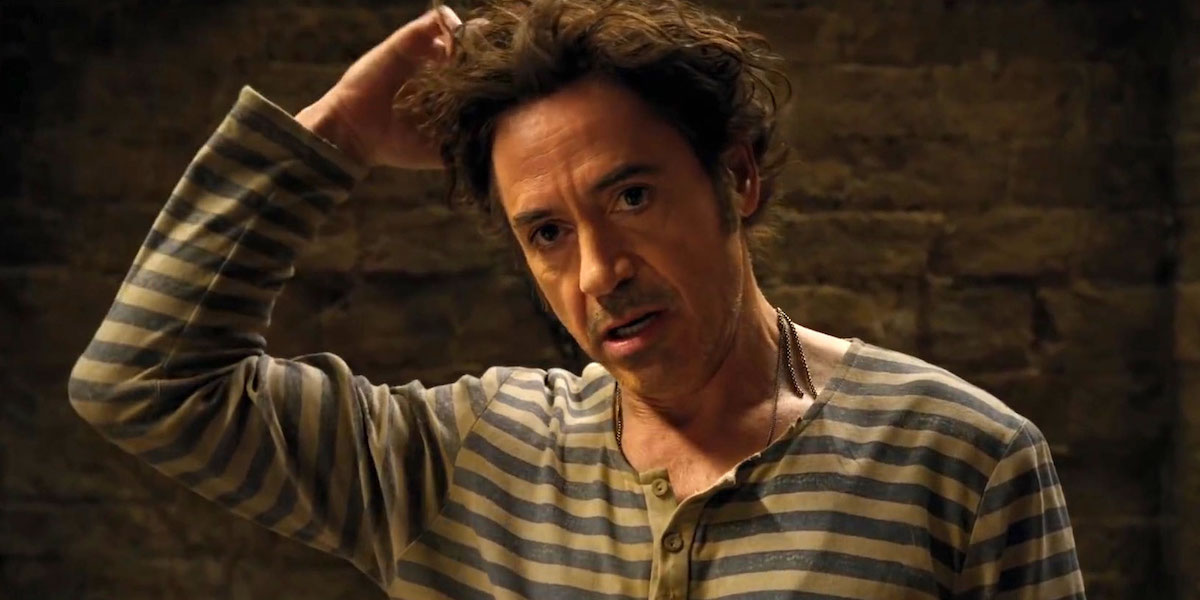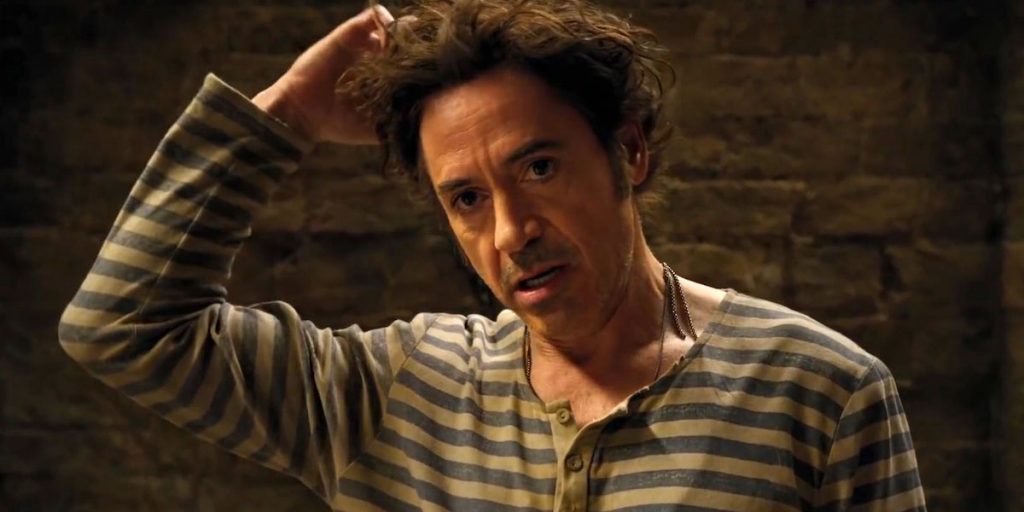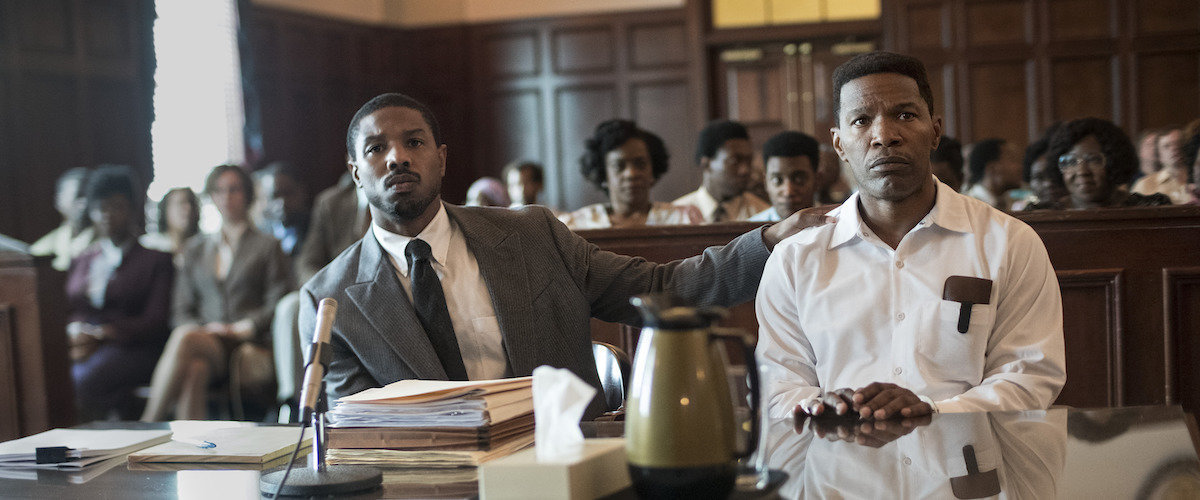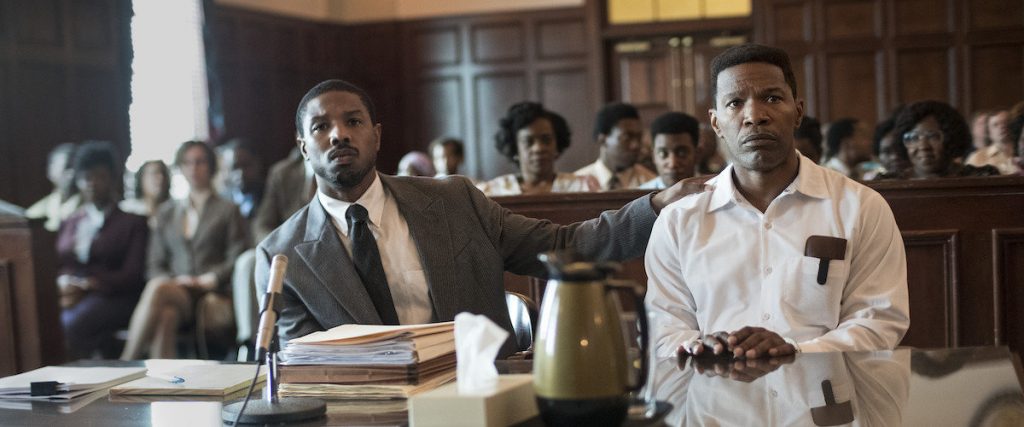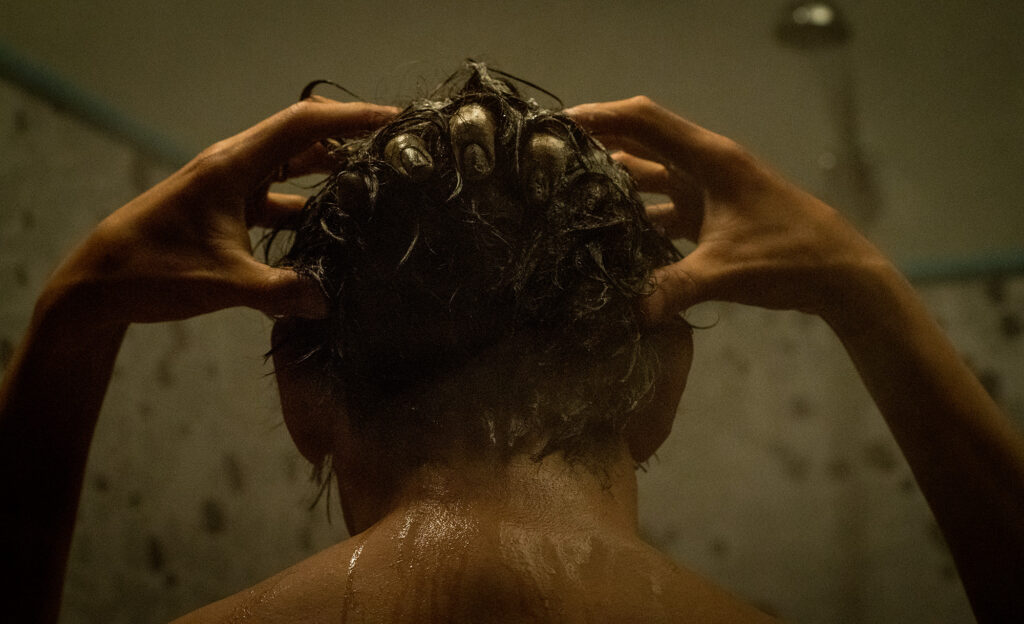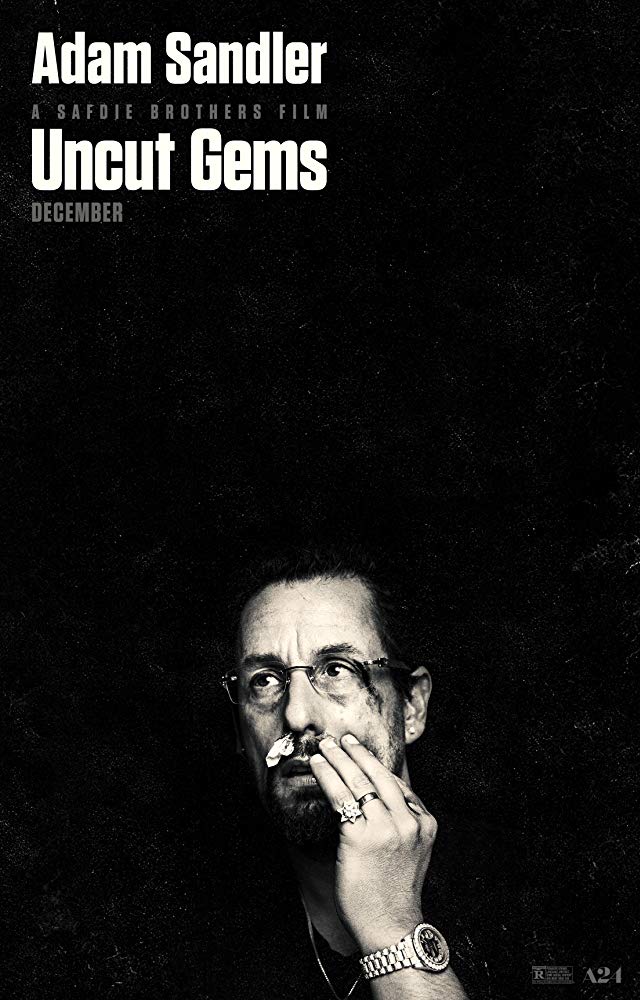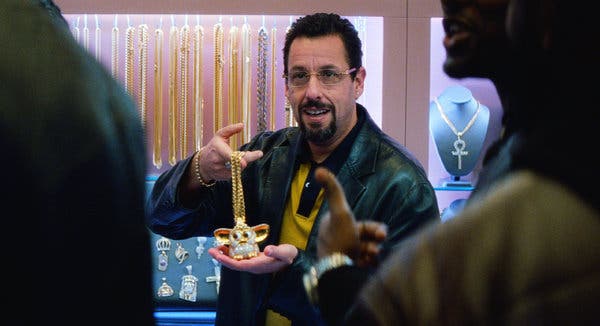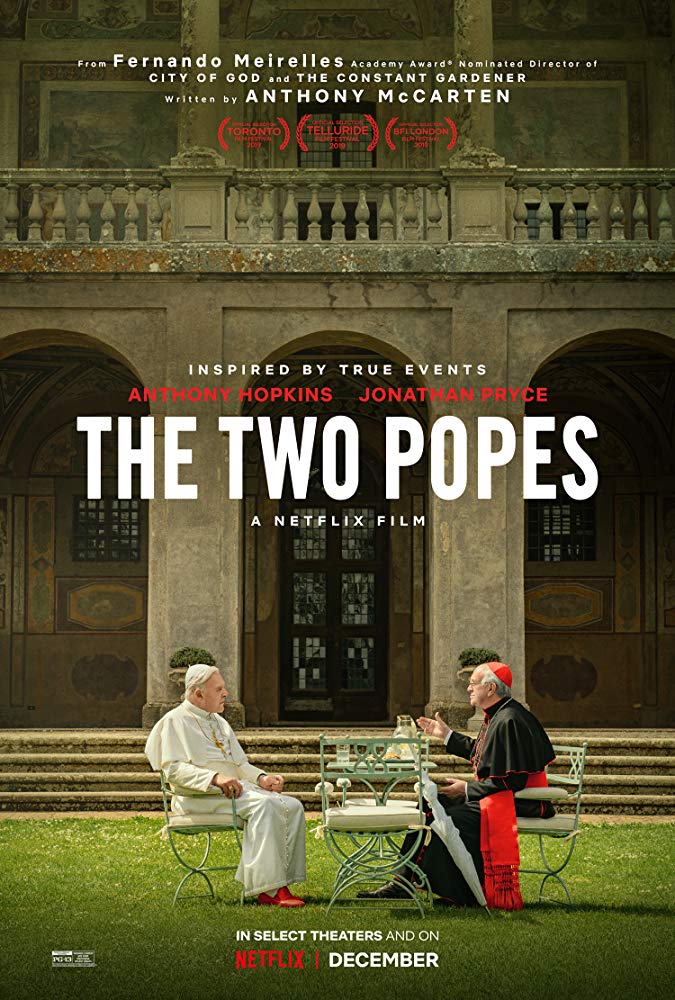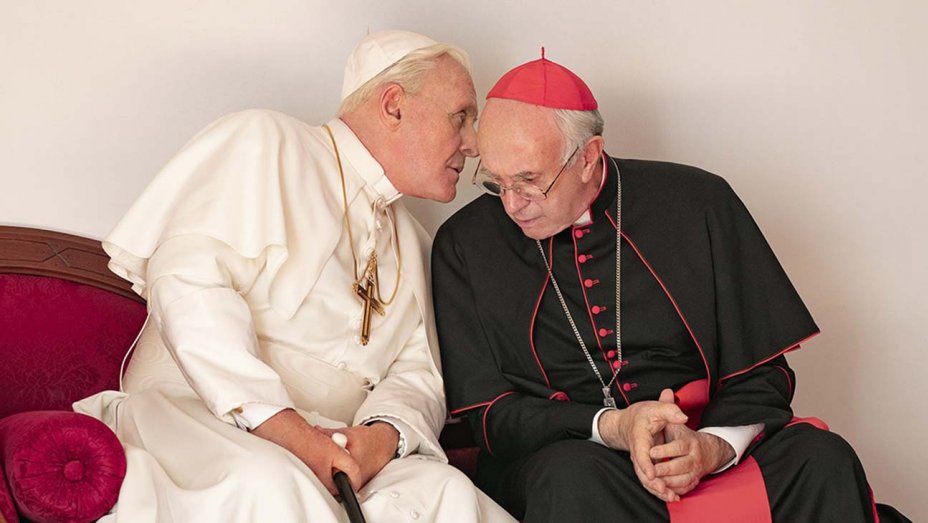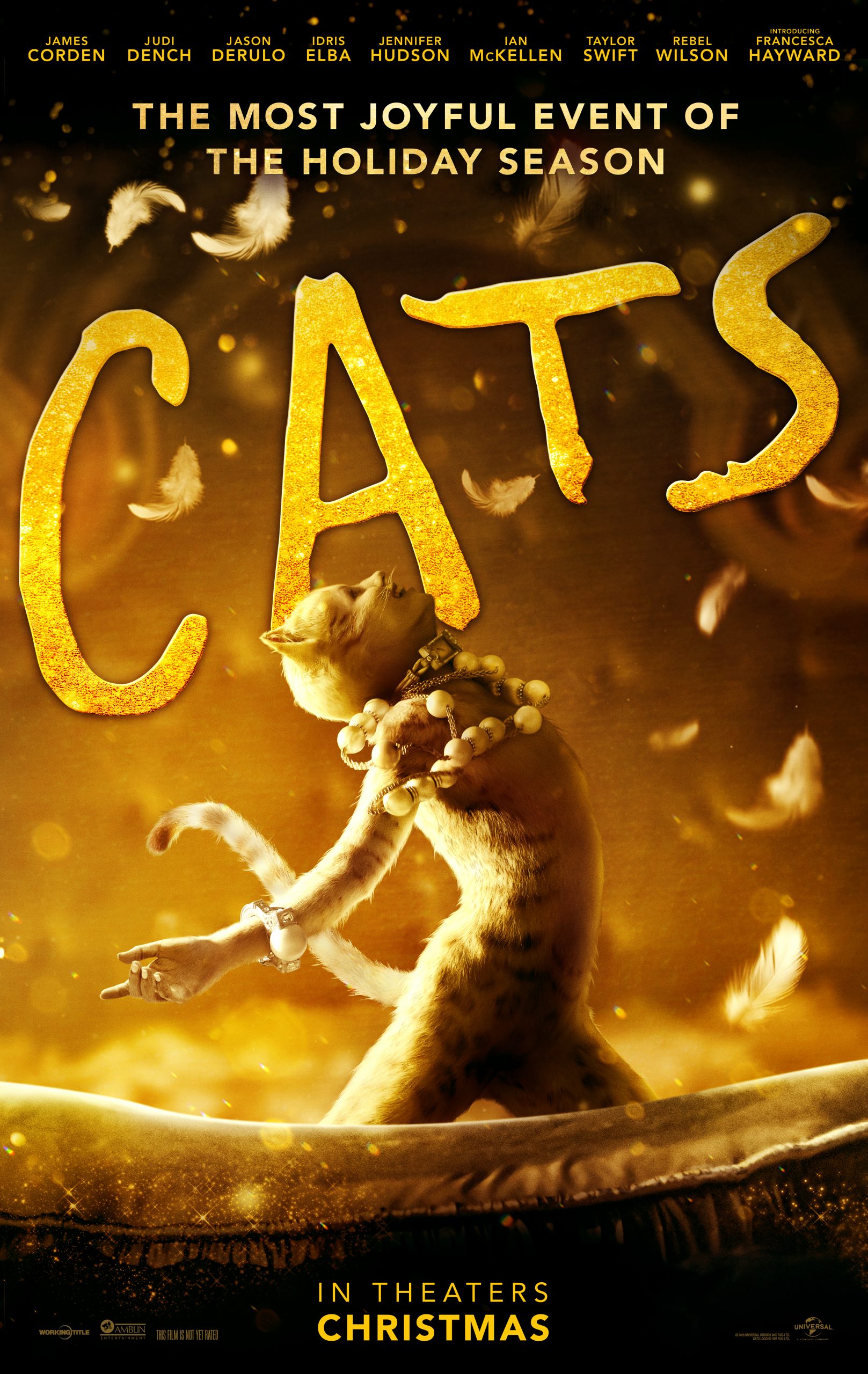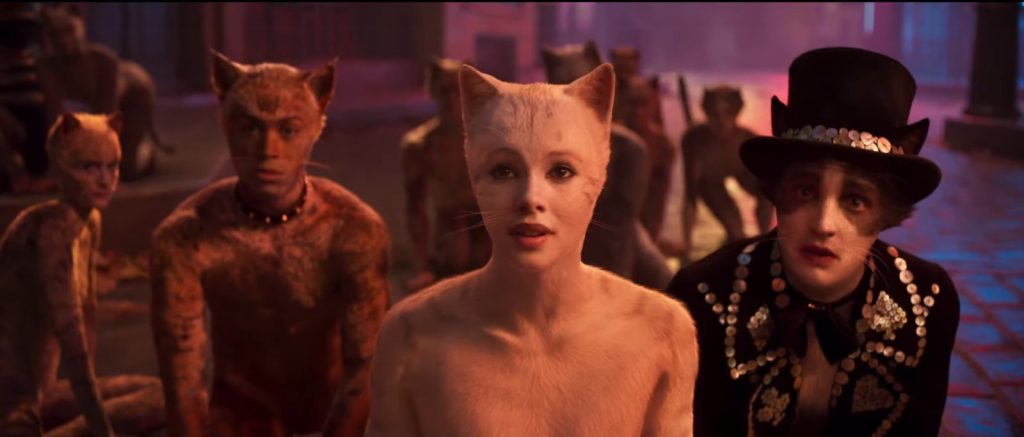“A Fall from Grace” could be a descriptor for Tyler Perry’s career at the current moment. This particular film is a drama centered on a young unproven public defender who is trying to defend the innocence of a woman who admits to killing her husband in a fit of rage until she realizes that there is more to this jilted tale than just the actions of a scorned, heartbroken wife. Twists and surprises abound in an insidious manner, coming out of left field leaving the viewer confused and underwhelmed. The storytelling experience is nothing more than constant narration that points out events and moments, giving no room for the viewer to interpret anything for themselves. Perry is reliant on many flashbacks and chooses to use a jailhouse interview between the public defender and her client in order to flesh out the meat of the film, which speaks to the issues that are present in the screenplay. Tyler Perry needs to invest in a team of advisors to review and undo the bad habits he has developed in the writing room. It has become maddening and insanely frustrating to sit through narratives with no interesting characters and cheap soap opera drama. This film and others like it are only considered “drama” based on the genre but have no real dramatic weight that you expect. You could call “A Fall From Grace” a masterclass in inconsistent tonal structure and a lack of redeemable qualities. Perry also suffers from directional ineptitude, evident in his played out stories that do nothing but reuse the same conventional tropes his fans continue to eat up. Passion is lacking, especially in the laughable and cheap production design that had environments reeking of Dollar Tree inspiration. A moment does not exist in this film where the viewer actually believes they are living in a breathing and stimulating environment; it consists of thrown together moments of melodrama complete with a redundant reality television inspired musical score. There is no figment of entertainment value that shows itself to be apparent or earned. “A Fall From Grace” is the equivalent of a life sucking drain that wastes every minute of its existence.

Caless Davis is a Seattle-based film critic and contributor to the Feelin’ Film Podcast. He loves any discussion of film and meeting new people to engage in film discussions on any subject. You can follow him on Twitter and Instagram.

